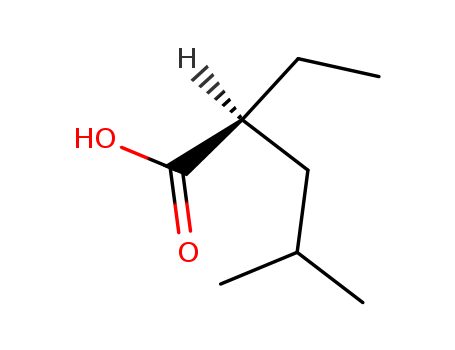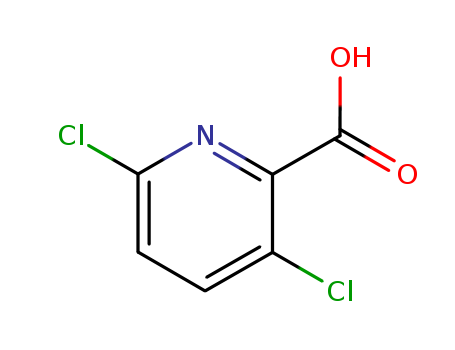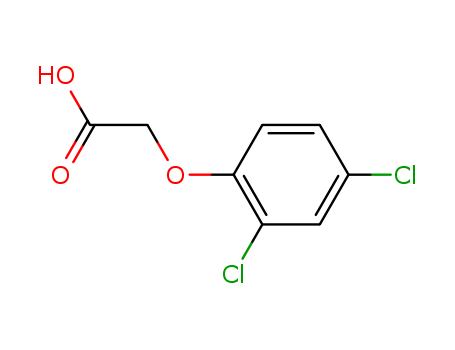- Product Details
Keywords
- Picloram 95% TC
- Picloram 1918-02-1 price
- Picloram 1918-02-1 buy
Quick Details
- ProName: Picloram, Picloram 95% TC, Picloram 19...
- CasNo: 1918-02-1
- Molecular Formula: C6H3Cl3N2O2
- Appearance: Colourless powder
- Application: Herbicide1918-02-1
- PackAge: 25KG
- ProductionCapacity: 800 Metric Ton/Year
- Purity: 95%
- Transportation: by sea
- LimitNum: 1 Metric Ton
Superiority
Chongqing shuangfeng chemical Co., LTD. Is one of the work of the approval letter, ministry of agriculture, pesticide chemical
designated production enterprise, the collection scientific research, the production, management in one body. The company has strict
sound business management system, passed the ISO9001:2009quality management system certification, and has the right of import
and export. Our company occupies an area of 68 mu, the staff of 230 people, is built with synthetic workshop, powder processing
workshop, agent processing workshop, ec processing workshop, packing workshop, laboratory, analysis room, born and technology
innovation center measuring chamber and adapt to the enterprise production and development of all kinds of institutions and workshop
etc.
Details
Picloram
ISO COMMON NAME: Picloram
CAS NO.: 1918-02-1
IUPAC Name:4-Amino-3,5,6-trichloro-2-pyridinecarboxylic acid
Trade name: tordon,grazon.
Molecularformula:C6H3CL3N2O2
PHYSICAL & CHEMICAL PROPERTIES:Colourless powder, with a chlorinelike odour, Solubility in water 430 mg/L (25°C). In acetone 19.8, ethanol 10.5, isopropanol 5.5, acetonitrile 1.6, diethyl ether 1.2, dichloromethane 0.6, benzene 0.2, carbon disulfide<0.05 (all in g/l, 25°C)
APPLICATION
Picloram is a systemic herbicide used for general woody plant control, sold under the trade names Tordon and Grazon. It also controls a wide range of broad-leaved weeds, but most grasses are resistant.A chlorinated derivative of picolinic acid, picloram is in the pyridine family of herbicides.
Picloram can be sprayed on foliage, injected into plants, applied to cut surfaces, or placed at the base of the plant where it will leach to the roots. Once absorbed by the foliage, stem, or roots, picloram is transported throughout the plant.
During the Vietnam War, a mixture of picloram and 2,4-D, known as Agent White, was sprayed on plants that survived treatment with Agent Orange (2,4,5-T and 2,4-D).
Picloram is of moderate toxicity to the eyes and only mildly toxic on the skin.There is no documented history of human intoxication by picloram so symptoms of acute exposure are difficult to characterize. A possible symptom from massive amounts would be nausea.
Picloram is the most persistent of its family of herbicides.It does not adhere to soil and so may leach to groundwater, and has in fact been detected there. It is degraded in soil and water mainly by microbes. Picloram has very little tendency to accumulate in aquatic life.
Gardeners who use dung as fertilizer should check to make certain that the animal source has not grazed on picloram treated hay, as the dung still has broadleaf killing potency.
FORMULATION
95%Tech, 30%Picloram&Clopyralid
Package
25kg cardboard drums







